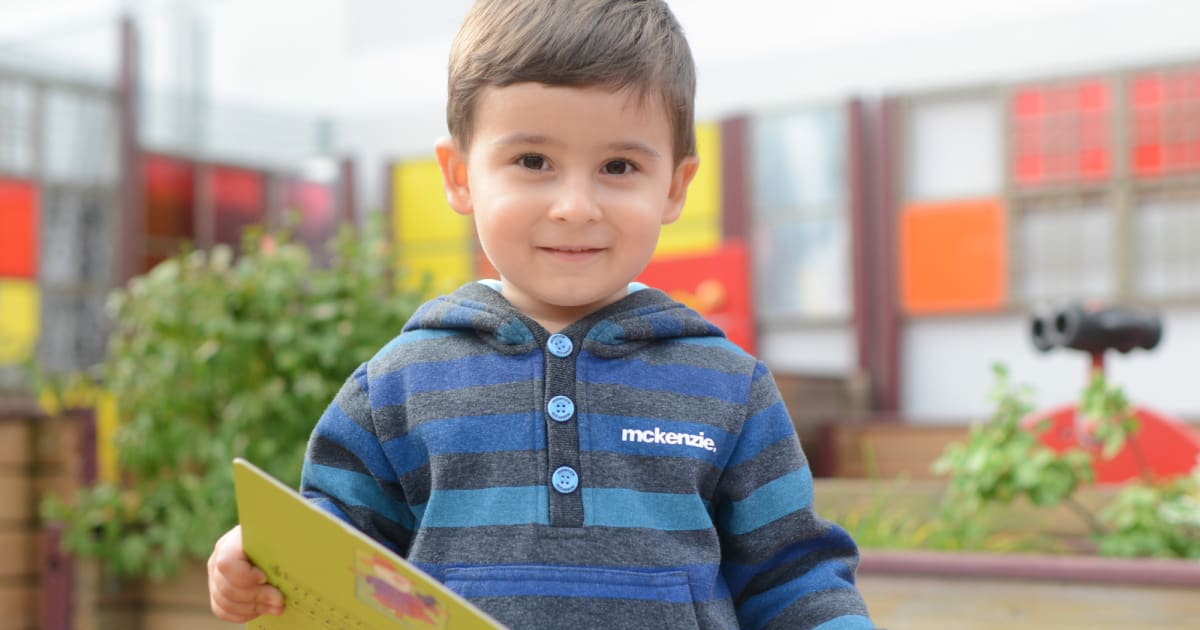The development of early language skills provides a foundation for learning and is an important driver of later life outcomes. One in four children who struggle with language at age 5 do not reach the expected standard in English at the end of primary school. Children with a poor vocabulary at age five are more than twice as likely to be unemployed at age 34.
In this report, we have examined the long-term economic importance of early years language skills, highlighting why this basic skill is so crucial to individuals as well as wider society. We focus on a group of children that we describe as ‘at-risk of vulnerable language skills’. Although there is no standard definition, we use this phrase to describe children who we believe may struggle with language skills in the future but are unlikely to suffer from a persistent language disorder. Results are calculated in 2020 prices with costs evaluated over the lifetime of children, up to the age of 60.
We find that:
Our study adds to the growing evidence of the importance of early language skills. Although there is significant uncertainty relating to some of the assumptions behind our analysis, sensitivity tests demonstrate that the broad conclusion – that there are substantial long-term costs from not supporting children who are at-risk of vulnerable language skills – remains robust to a wide range of plausible alternative assumptions.
There is a significant risk that these costs will have been further exacerbated as a result of the pandemic. The closure of many early years educational settings and the added stresses on parents and children mean the pandemic is likely to have negatively impacted the skill formation of pre-school children with evidence from Davies et al. (2021) suggesting that children from more disadvantaged backgrounds may have been disproportionately affected. It is imperative that these short-term impacts on development do not become long-term impacts on the academic and employment prospects of this generation’s children. Recovery and development of early language skills can play a critical role in avoiding this.
With small but regular actions, like sharing books, singing or playing with letters more often, carers can have a transformational effect on the language development of very young children. Early language skills make a material difference both to individuals and the long-term prospects for the wider economy. Taking action to improve these important skills offers an opportunity to help our children’s development recover following the crisis and address long-term structural inequality for disadvantaged families and areas.
21 July 2021
